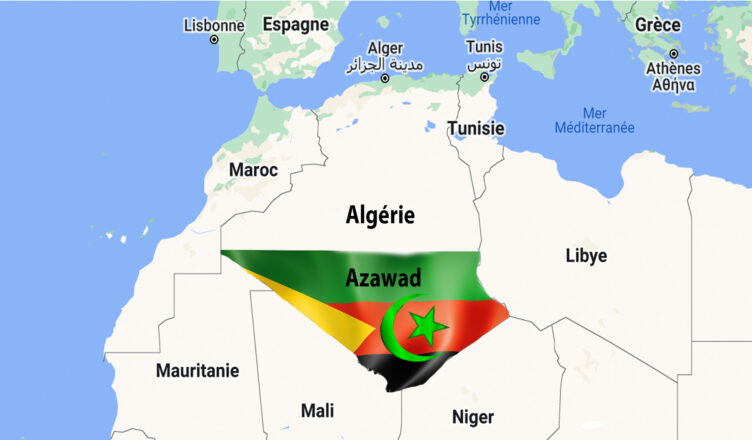Despite the presence of the Iranian Islamic Revolutionary Guard Corps, who support Hamas and the Lebanese Hezbollah and specialize in repression and asymmetric warfare against Israel, within certain Algerian units, the Algerian army has suffered significant losses among its soldiers in certain regions of southern Algeria, notably in Tamanrasset, In Guezzam, and Bordj Badji Mokhtar.
The actions of General Saïd Chengriha’s regime, head of the armed forces and intelligence services, have not only exacerbated internal tensions but also had destabilizing repercussions on neighboring countries, particularly Mauritania and Mali.
Accusations of Algerian interference in northern Mali are supported by several reports indicating unofficial military presence and arms deliveries to Malian armed factions. These actions are perceived as Algeria’s attempt to maintain regional influence and protect its strategic interests, often at the expense of regional stability.
According to local sources, several Algerian soldiers and separatists have been killed in recent clashes. This situation highlights the growing challenges faced by the Algerian military regime in its attempt to maintain control and manage internal conflicts.
Geostrategy expert S. Benhamou notes that « alliance with Iranian militias could exacerbate local and regional tensions, adding an international dimension to an already complex conflict. »
An analyst from the University of Algiers emphasizes that « the excessive use of force by the Algerian army only exacerbates feelings of injustice and marginalization, further pushing young people towards resistance movements. »
According to Western experts in Strategic and Global Studies, systematic repression and support for jihadist groups linked to al-Qaeda and the Islamic State in Africa contribute to escalating tensions and conflicts in the Sahel region.
Algeria: The impact of Iranian militias on Mali and the South

